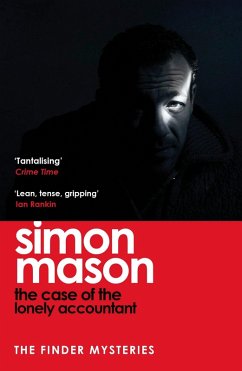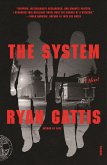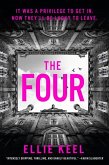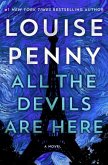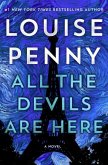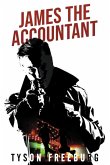'Mason has been mainlining Simenon for a while, and it shows' Mick Herron 'The very definition of unputdownable' David Peace 'It's like the provincial British version of Maigret' Clare Chambers Bournemouth 2008, the height of the financial crash. Don Bayliss, a timid and well-mannered accountant, vanishes after leaving his office before a scheduled meeting. His wife is both perplexed and distraught. His clothes are found discarded at the mouth of Poole Harbour. After seven years of searching with no firm leads, the investigation is closed, and Don is presumed dead. Until, sorting through his possessions, his wife finds a garish business card of one Dwight Fricker and decides it must be of some importance. Now more than eight years after his disappearance Dorset Police call in the Finder and the cold case is reopened. The Finder begins with the last sightings of Don on the day he went missing, hearing how he seemed in a hurry, somewhat distracted? He unearths a string of overlooked clues that lead him to face the unlikely friendships that Don had made, the somewhat overbearing nature of Mrs Bayliss, the secrets that haunted him in his home life and the mistakes that led to him being investigated at work. The Case of the Lonely Accountant is a dark and rich mystery that centres upon one lonely man and reveals the distance between those who are missing and those who are lost.
Hinweis: Dieser Artikel kann nur an eine deutsche Lieferadresse ausgeliefert werden.
Hinweis: Dieser Artikel kann nur an eine deutsche Lieferadresse ausgeliefert werden.
I have loved, as I have written here several times, Simon Mason's DI Wilkins series. And now I love, for different reasons, his Finder Mysteries. The tone of the novellas Missing Person: Alice and The Case of the Lonely Accountant (you'll want to read them both) is deadpan, somewhere between Georges Simenon and Kazuo Ishiguro (When We Were Orphans). Deadpan does not mean dry. Nor do the parallels between each case and the book that the narrator is reading - What Maisie Knew, Dr Jekyll and Mr Hyde - indicate literary self-indulgence. These are satisfying, carefully plotted stories, as well as haunting depictions of voids in people's lives' Nicholas Clee, Bookbrunch

